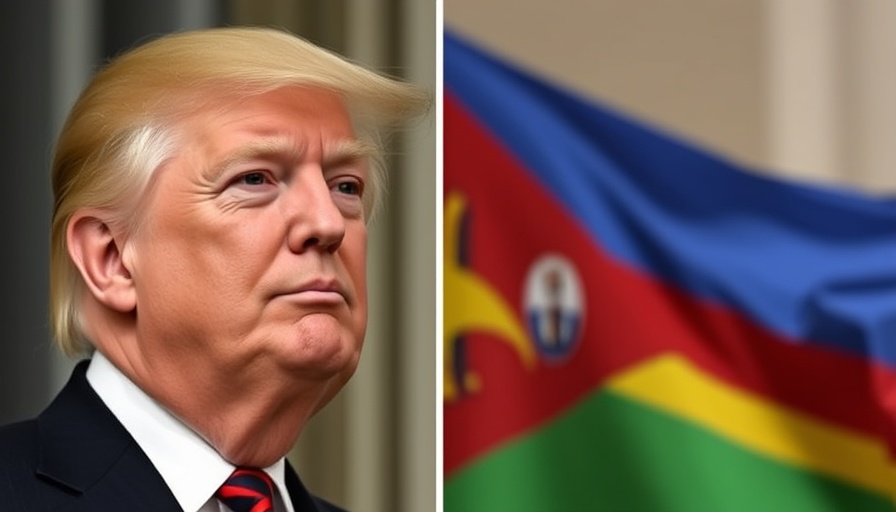
The Prospects of the US-Rwanda Migrant Deal
As the Biden administration explores pathways to re-align its immigration policies, the proposed deal to send migrants to Rwanda may represent a bold attempt to address issues plaguing American immigration. But the clock is ticking, and the outcomes remain uncertain. This ambitious agreement draws parallels with the UK's ill-fated migration arrangement, calling into question whether the US can succeed where the UK fell short.
Comparing The UK and US Approaches
The UK government’s plan to deport asylum seekers to Rwanda was marred with legal challenges and political upheaval, particularly with a change in leadership leading to its demise. In contrast, the US strategy, while still in negotiation, benefits from the backing of Trump’s administration, which has a history of implementing stringent immigration policies. The resolve seen in Washington might circumvent the pitfalls experienced by London, potentially providing a more robust structure to uphold such agreements.
Implications for Rwanda and Diplomacy
For Rwanda, the success of this deal could have monumental implications. It not only reaffirms its role in international diplomacy but could also bolster its economy, much like the prospective mineral deals with the DRC. The geopolitical landscape is shifting, and Rwandan leaders appear eager to partake in initiatives that promise foreign investment and enhance its standing on the global stage.
What Does This Mean for African Politics?
As we observe these developments, it becomes apparent that regions in Africa, particularly Rwanda, may become critical linchpins in global migration strategies. This move also places the historical influx of migrants within a broader context of geopolitical strategy; one that balances humanitarian needs against national security interests. Rwanda’s involvement could set a precedent for other African nations, positioning them as key players in global migration discussions.
The Future of US-Rwanda Relations
Should the US-Rwanda migrant deal proceed as anticipated, it may pave the way for a reevaluation of relations between African nations and Western powers. It coincides with ongoing discussions about trade policies and diplomatic ties, presenting an opportunity for Africans to assert their interests in the fabric of global governance mechanisms.
This gambit from the Trump administration highlights a pivotal juncture for Africa in the geopolitics of migration. As we navigate these turbulent waters, it’s crucial for policymakers and investors alike to monitor these developments closely. Understanding these dynamics is vital for everyone invested in Africa’s socio-economic future.
 Add Row
Add Row  Add
Add 


 Add Row
Add Row  Add
Add 

Write A Comment